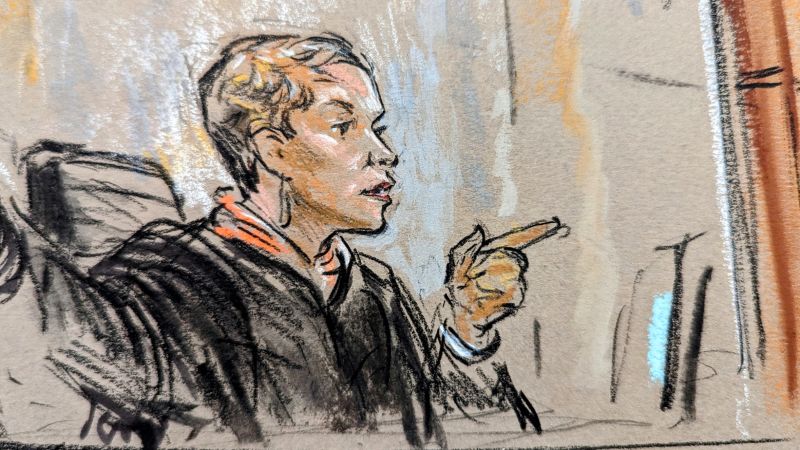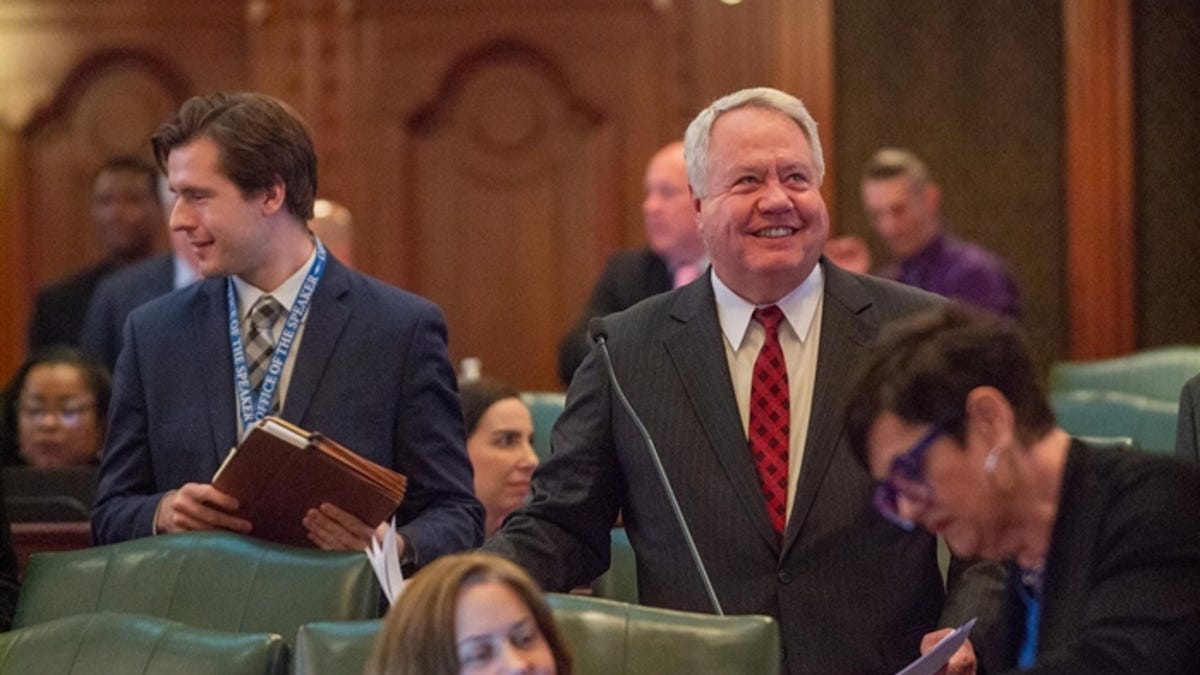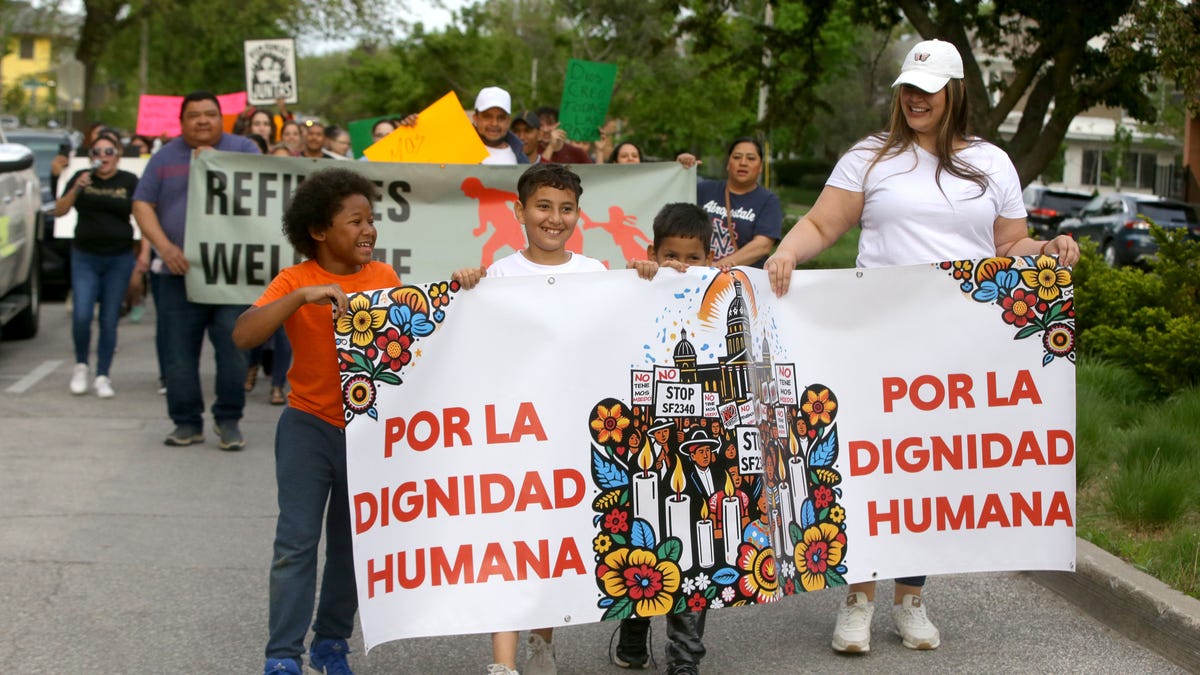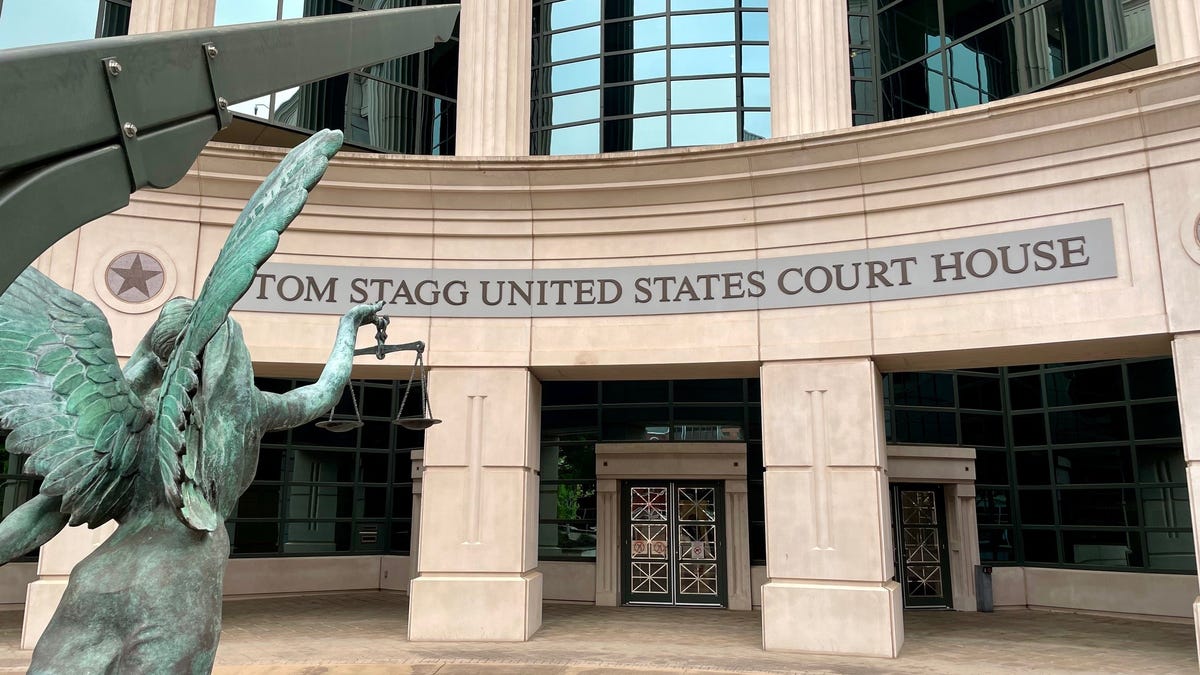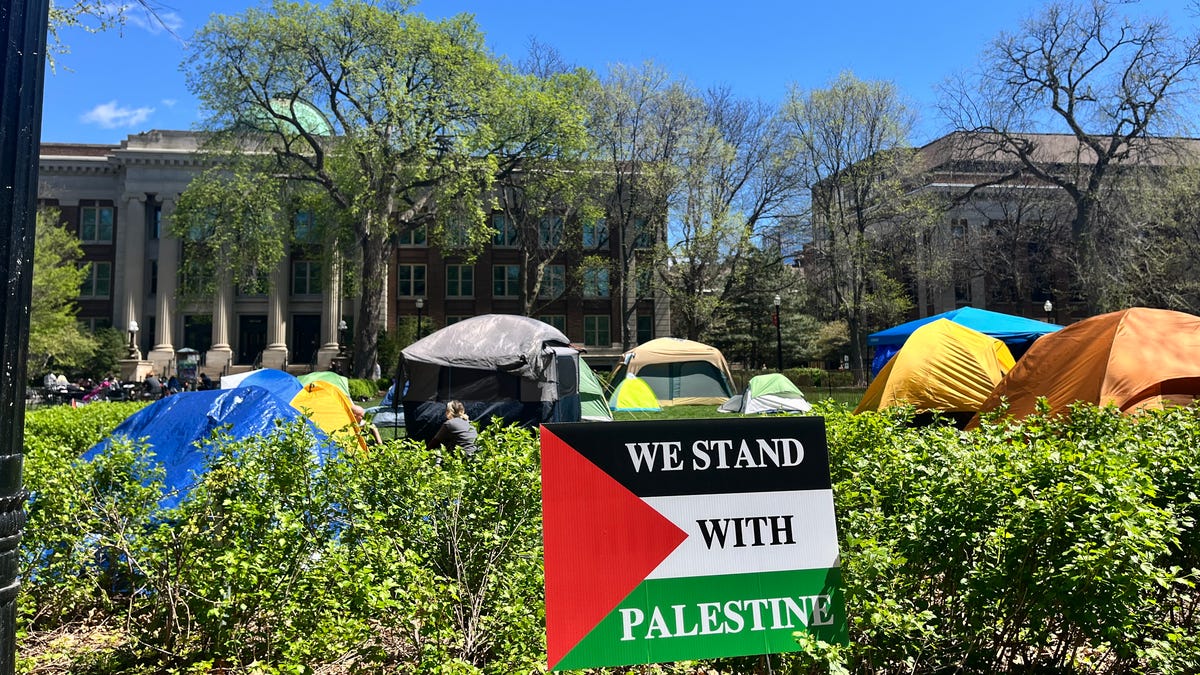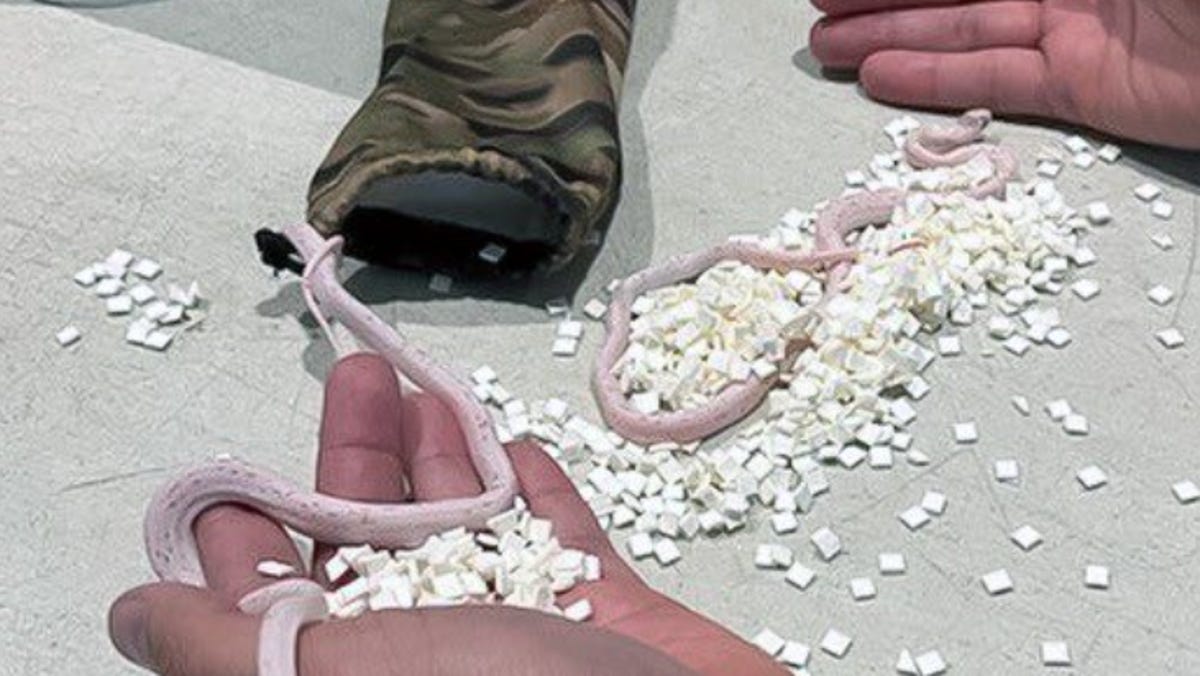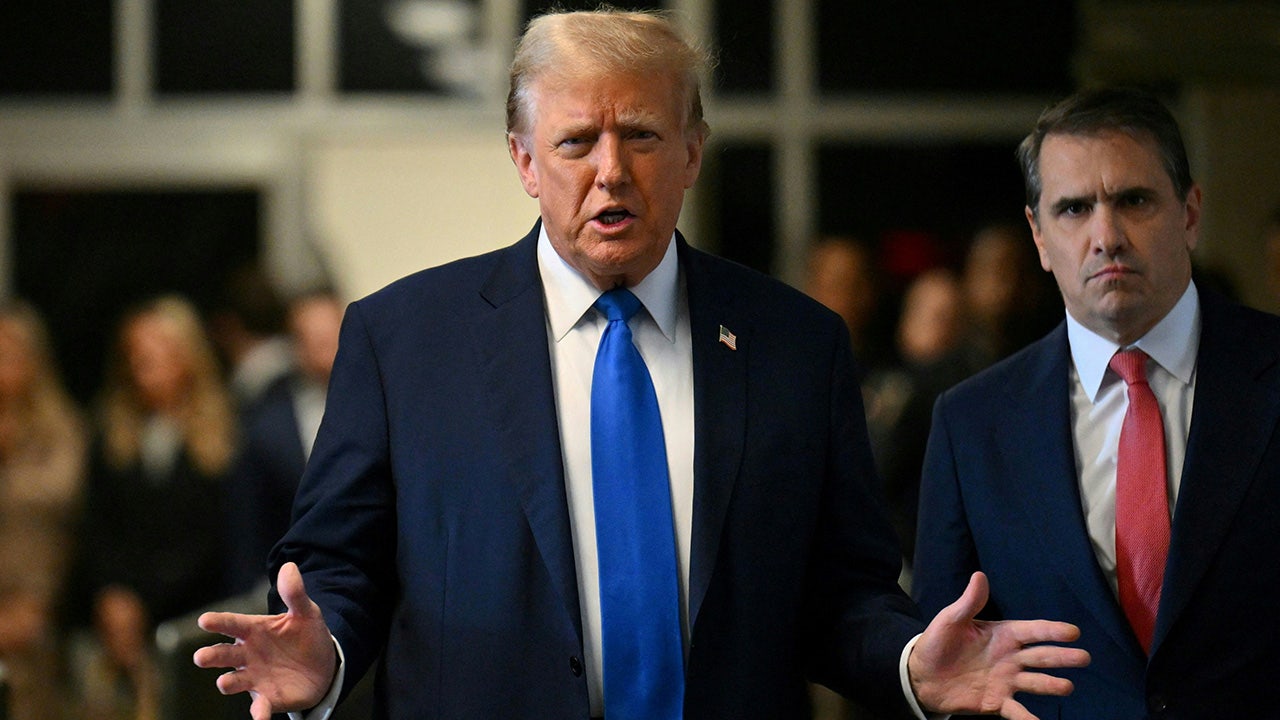CNN
—
US District Judge Tanya Chutkan wasted little time taking charge of the historic case by special counsel Jack Smith against former President Donald Trump, using a hearing Friday to make clear she doesn’t want a political carnival.
While much of the roughly 1 hour and 40 minute proceeding focused on the granular details of a protective order for evidence revealed to Trump, Chutkan demonstrated a no-nonsense approach to prosecutors and the former president’s attorneys.
As the presiding judge, Chutkan will play a major role in shaping the proceedings in the lead-up to and during the trial. She will rule on whether prosecutors have overcome the legal standards for the case to go to trial, on what evidence can be presented to a jury and on how quickly the case will actually go to the jury. Scheduling is already shaping up to be particularly contentious issue; in the other Smith prosecution Trump faces – charging him with the mishandling of classified documents – his team tried unsuccessfully to argue the trial should wait until after the 2024 election.
Chutkan, nonetheless, has already cut a contrast with the judge in that Florida-based case, US District Judge Aileen Cannon, in how quickly she’s so far sought to settle disputes between the two sides.
During Friday’s hearing, Chutkan stressed her commitment to “normal order” for the proceedings, while acknowledging the effort it would take to avoid a “carnival atmosphere.”
She repeatedly raised concerns about public statements by Trump that could intimidate witnesses or taint the jury pool. A major throughline of the hearing was her insistence that Trump’s 2024 political campaign could not override the administration of justice in the case.
Here are the key takeaways from Friday’s hearing:
Prosecutors have already raised in court filings public statements Trump has made that they say show the need for strict rules for what he can disclose from discovery. Chutkan made clear that she would be watching for any instances of possible intimidation.
She said that, whether or not Trump’s statements ran afoul of the protective order, she would also be “scrutinizing … very carefully” any public commentary that could have the effect of witness intimidation or obstruction of justice.
“The fact that he is running a political campaign currently has to yield to the administration of justice,” the judge told Trump attorney John Lauro. “And if that means he can’t say exactly what he wants to say in a political speech, that is just how it’s going to have to be.”
The most pointed warning came at the end of the hearing, when she said that the more a party made “inflammatory” statements about the case, the “the greater the urgency will be that we proceed to trial quickly.”
“The defense has reiterated at length Mr. Trump’s First Amendment right to speak about this case and any evidence in it,” she said, adding that Trump will be afforded all the rights of any criminal defense, it will take an effort to avoid “a carnival atmosphere.”
“It is a bedrock principle of the judicial process in this country,” she said, “that legal trials are not like elections, to be won through the use of meeting hall, the radio and newspaper.”
“This case is no exception,” she said.
Chutkan warned that “even ambiguous statement from either party or counsel … can threaten the process.”
During a back-and-forth over whether Trump would be able to view materials in the case outside the presence of an attorney, Chutkan rejected suggestions that the special counsel’s case against Trump was politically motivated.
Lauro repeatedly suggested the Justice Department could be attempting to hurt Trump’s ability to campaign in the 2024 election and said the former president would be “bogged down” by certain aspects of the proposed protective order over discovery in the case.
“I see a desire to move this case along,” Chutkan said, pushing back against Lauro’s assertions. The judge added that she hasn’t see “any evidence that this is politically motivated.”
Chutkan repeatedly said she would handle the case as any other, despite Trump’s presidential run. “The existence of a political campaign is not going to have a bearing” on how she handles the case, she said.
“He is a criminal defendant. He is going to have constraints the same as any defendant. This case is going to proceed in a normal order,” Chutkan said.
Chutkan occasionally departed from the dispute at hand over the discovery rules to remark on how her oversight of the case would work generally.
She alluded to the tight deadlines she had ordered for ironing out the protective order, and she told the parties that she often departs from the typical briefing schedules put forward by local rules “when it serves interests and efficiency.” That could mean shorter deadlines or longer ones, she said.
She also explained why, in an order Thursday, she refused allow the special counsel to submit a filing under seal and ex parte – meaning that the court would be able to see it but it would been kept out of view of the public and the defense.
Chutkan said the prosecutors had not convinced her with their arguments for why they should be allowed to file the secret submission and stressed that she wanted as much of the case as possible to be happening on the public docket.
Even as she fired repeated warning shots at Trump, she still occasionally sided with what his attorneys wanted the protective order to look like.
The restrictions released later Friday cover a smaller scope of evidence than the prosecutors originally proposed. She is also not requiring that a Trump attorney be at the former president’s side when he reviews the “sensitive” evidence covered by the order.
But many of her rulings regarding the protective order fell in the prosecutors’ favor. Trump will be barred from publicly disclosing information from interviews that investigators conducted with witnesses outside of the grand jury. Non-public materials the Justice Department obtained from other government entities – including from the House select committee that investigated the January 6, 2021, attack on the US Capitol – will also be covered by the order’s restrictions.
The judge also rejected a Trump request to broaden the language for who on the Trump team can review the discovery, sticking to prosecutors’ recommendation that access should be limited to those “employed” by the defense to help his case.
Trump’s lawyers were arguing that other individuals, including volunteers, should be able to work through evidence to assist Trump in the case.
“I am not comfortable with that broad a definition, which could include just about anyone and would significantly increase the risk of unauthorized disclosure,” Chutkan said.
“I live in Washington,” she added. “Everyone is a consultant.”

